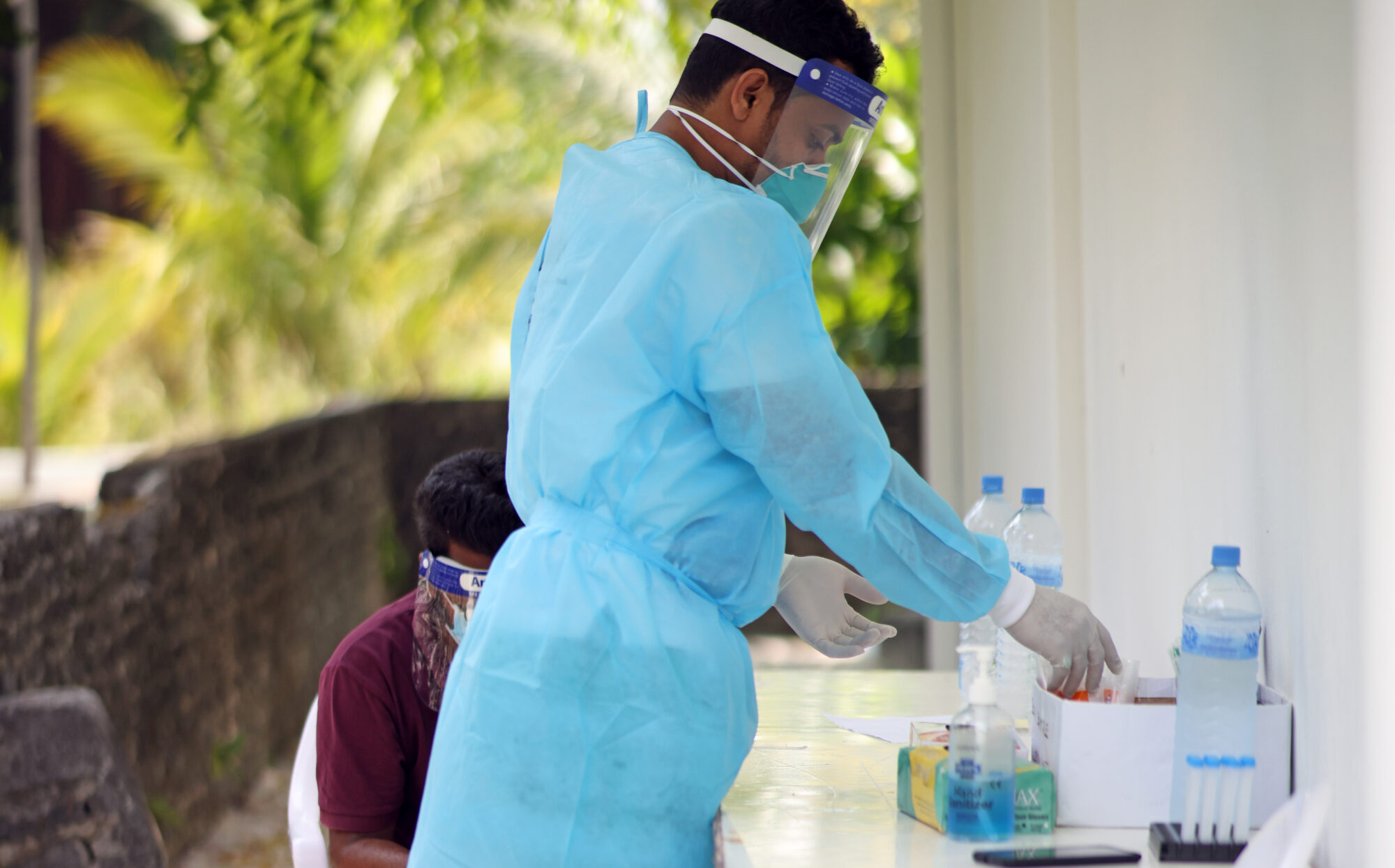Environmental sustainability is increasingly vital in all sectors, including healthcare. Medical settings, such as hospitals, labs, and clinics, generate significant amounts of waste, posing challenges to sustainable development. Managing this waste responsibly is critical not only for environmental health, but also for public health and safety.
Integrating Eco-friendly Practices in Medical Waste Management
One of the most crucial steps in integrating sustainability in healthcare is the proper segregation of medical waste. Identifying and sorting items like single-use plastics, sharps, and specialized tools such as vial adapter spikes ensure efficient recycling and disposal processes. This approach minimizes environmental impact while maintaining safety and compliance.
Innovative technologies also play a pivotal role. For instance, autoclaves treat certain types of waste safely on-site, reducing the volume and toxicity before it even leaves the facility. Implementing these strategies requires initial investment, but the long-term savings and environmental benefits are substantial.
The Impact of Regulatory Frameworks
Regulatory frameworks guide and enforce sustainable waste management practices in healthcare. Ensuring compliance with local and international standards is not an option but a necessity. Bodies like the World Health Organization provide guidelines that help medical facilities establish practices that align with global sustainability goals. These frameworks also encourage the adoption of standardized processes, such as proper waste segregation, to ensure environmentally sound disposal methods are consistently applied.
Education on these regulations is essential for all levels of staff in medical settings. Awareness and proper training lead to improved practices that contribute to sustainable development goals. Additionally, regular audits and feedback mechanisms can strengthen adherence to these standards, ensuring that healthcare institutions continue to prioritize sustainability in their daily operations.
Embracing Advanced Technologies for Waste Reduction
Advancements in technology offer promising solutions to reduce waste in medical settings. For instance, digital documentation eliminates the need for paper, reducing waste significantly. Similarly, adopting more sophisticated medical equipment can enhance efficiency and decrease the amount of waste generated during procedures. Automated systems for tracking and monitoring waste further help in identifying areas of improvement, reducing unnecessary consumption and disposal.
These technologies, while costly, are investments in sustainability. They not only aid in waste management but also improve patient care, showcasing a dual benefit that justifies the transition towards high-tech solutions in healthcare. Furthermore, partnerships with technology providers can enable institutions to access innovative tools more affordably, accelerating the shift towards eco-friendly practices across the sector.
Community Involvement and Education in Sustainability
Community engagement is pivotal in driving the shift towards sustainable waste management in healthcare. Educating the community about the importance of sustainability in medical settings can foster a more supportive environment for these changes. This education can highlight the role of medical waste in broader environmental issues, encouraging more individuals to support sustainable healthcare practices.
Programs designed to involve community members in sustainability efforts could include tours of eco-friendly facilities, educational workshops, and community clean-up initiatives. These programs not only educate, but also build a community ethos of environmental stewardship. Additionally, collaboration with local organizations and governments can amplify these efforts, creating a unified approach to promoting sustainability within and beyond healthcare settings.
What to Remember About this Topic
The healthcare sector has a critical role to play in sustainable development, particularly through effective waste management today. By adopting more and more sustainable practices, such as using efficient transfer devices, enforcing stringent regulations, leveraging technology, and involving the community, medical settings can significantly impact environmental and public health. Actively participating in these changes is not just beneficial but essential for a sustainable future. Embrace these strategies to contribute actively to a healthier planet.
Keep an eye for more news & updates on TribuneIndian!
